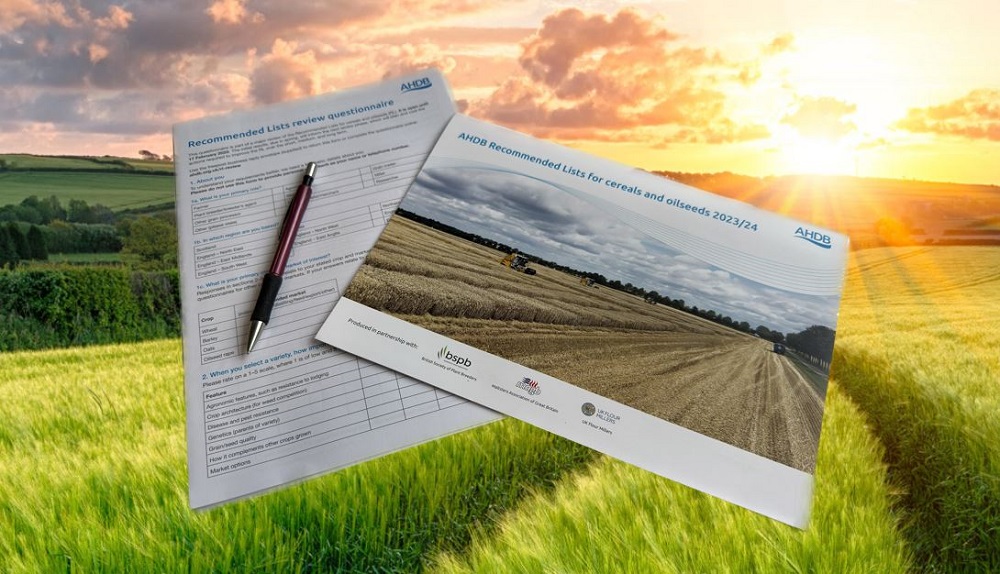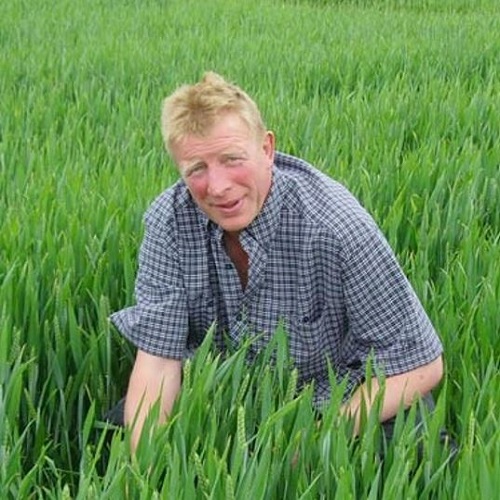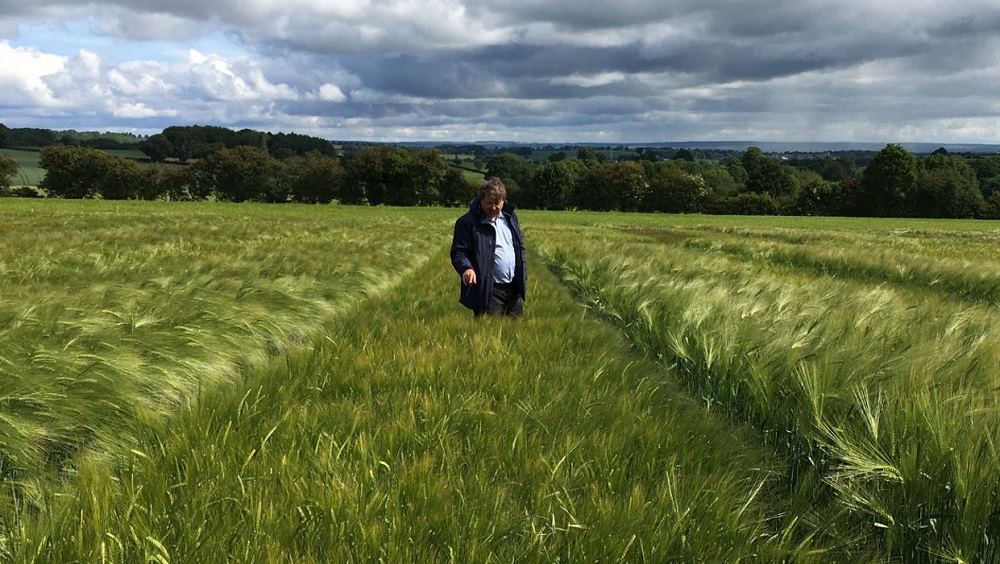- Home
- Recommended Lists for cereals and oilseeds (RL) review (2022–2023)
Recommended Lists for cereals and oilseeds (RL) review (2022–2023)
Find out about the latest Recommended Lists (RL) review that aims to improve the variety trialling project.
RL review (about)
It is important to review the RL periodically to ensure it continues to meet the evolving requirements of its users.
Typically, the main RL project runs in five-year phases, with a large-scale public review conducted during each project phase.
During the previous project phase (2016–21), AHDB conducted the ‘Look Ahead’ review. This highlighted the importance of the whole variety package, rather than the more traditional focus on yields. In response, the RL changed the way it assessed many traits, including disease resistance and lodging traits. It also led to the development of digital formats to provide powerful ways to use RL data, such as through the RL app and variety selection tools.
Find out about the Look Ahead review results
RL investment
In spring 2022, AHDB conducted Shape the future, where levy payers were asked to rank AHDB work priorities in terms of importance to the cereals and oilseeds sector (from 1 to 5, where 1 is low and 5 is high).
RL information was the highest-rated work for cereal and oilseeds. It received a score of 4.2. It attracted the same score whether weighted (reflecting size of business) or unweighted (one levy payer, one vote).
Developed in response to the Shape the future results, the AHDB Cereals & Oilseeds sector plan outlines three priorities for levy investment over the next five years (2022–27). The RL forms a major component of priority one. The plan includes a pledge to conduct a major RL review during the current project phase (2021–27).
Read the AHDB Cereals & Oilseeds sector plan
RL review timeline
AHDB started the major review on 28 November 2022, with initial findings published in spring 2023.
The results are informing the next phase of the review, which involves planning and costing the actions required to improve the RL over the short, medium, and long term.
 AHDB
AHDB
RL review questionnaire
The RL questionnaire has closed (17 February 2023).
Thank you to all those who expressed a view on the future of the RL.
A copy of the questionnaire is available via the link below.
 AHDB
AHDB
RL review focus groups
The online focus groups, which took place in January and February 2023, provided the perfect opportunity to discuss the variety trialling project and how to adapt it to meet the evolving needs of modern farming businesses.
The online meetings were aimed at farmers and agronomists, with the agenda guided by the emerging results of the RL review.
The facilitated discussions explored how farmers make variety selection decisions and address pressing challenges to ensure that the RL’s limited resources focus on what delivers the best value to industry.
 questionnaire.JPG) AHDB
AHDB
RL review committee
A dedicated RL review steering committee has been established to lead the project and provide recommendations to AHDB on potential improvements to the RL.
Patrick Stephenson, independent crop consultant, AHDB Cereals & Oilseeds sector council member and chair of the RL wheat crop committee, has been appointed to lead the review steering committee. Patrick said:
"This review looks forward and aims to keep the RL robust in the face of numerous challenges facing the industry. With constraints on budgets and small-plot trials, it is not possible to do everything. However, the review will help us focus activity."
 AHDB
AHDB
Delivering the future of farming event
Watch Cereal & Oilseeds sector council members discuss the RL review

RL review scoping reviews
Most RL trials aim to limit the influence of (controllable) factors that may hold back genetic potential. For example, the fungicide programmes help minimise disease in treated trials and nitrogen is applied to maximise yield in feed varieties. Of course, the RL trials also test other extremes, such as in the fungicide-untreated trial series. It is important to test the extremes. However, we are often asked to provide information more in line with commercial practice. It was a point raised again in the RL review responses.
Two new short (three-month) scoping reviews will examine evidence of varietal responses under lower-input scenarios (nitrogen and fungicides, respectively). The projects will gather information from academic and non-academic (‘grey’) literature, which will include data provided by breeders, and examine the strength of the evidence. The work will consider the impact of reduced inputs on the relative performance of varieties. It will also provide recommendations on how to deliver improved information to farmers and identify evidence gaps.
Impact of nutrient scenarios on the performance of cereals and oilseeds varieties (research page)
Impact of fungicide programmes on the performance of cereals and oilseeds varieties (research page)
 AHDB
AHDB
RL review news
RL booklet issued as variety project turns 80
RL review update at the 2023 Agronomy Conference
Recommended refinement (RL review article in CPM)
Podcast explores Recommended Lists (RL) review results
Initial results from the Recommended Lists (RL) review
Hundreds take part in the Recommended Lists (RL) review
Read about the RL review in CPM magazine
Major review of the AHDB Recommended Lists gets underway
RL contact information
For specific RL enquiries, contact: rl@ahdb.org.uk
Please contact the RL team to find out about other oppportunities to get involved with the review process.

